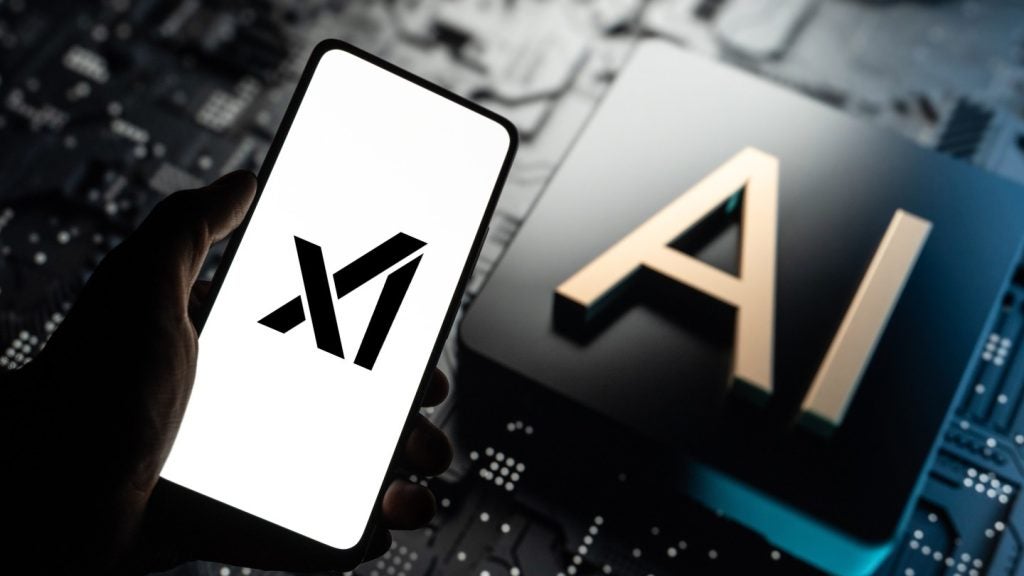
A study by the Bank of Korea has found that workers with higher education degrees may be the most at risk of losing their jobs to AI automation.
The study estimated that over four million jobs in South Korea alone could be at risk, this amounts to 14% of South Korea’s total workforce, as early as the next two decades.
The report found that jobs at risk of automation span many sectors and included job titles such as lawyers, doctors and chemists.
Jobs in the education sector were among the titles considered least at risk from automation, which is in spite of a large uptake of AI tools within that sector.
The report also forecasted that AI would create a booming demand for better STEM education as well as a tighter focus on interpersonal skills for job applicants.
In a 2023 GlobalData survey, over 50% of businesses stated that they considered AI as the most disruptive technology in their sector. Around 15% of them reported that they already had a high adoption rate of AI tools into their workflows.
How well do you really know your competitors?
Access the most comprehensive Company Profiles on the market, powered by GlobalData. Save hours of research. Gain competitive edge.

Thank you!
Your download email will arrive shortly
Not ready to buy yet? Download a free sample
We are confident about the unique quality of our Company Profiles. However, we want you to make the most beneficial decision for your business, so we offer a free sample that you can download by submitting the below form
By GlobalDataAI’s influence on other sectors outside of technology has created demand for AI skills in businesses that have never needed to hire that talent before. In October this year at an internal presentation, Fujitsu’s CTO warned that this influx of AI demand may lead to a future talent shortage.
Data from research analyst company GlobalData’s job postings database appears to already be reflecting this sentiment.
Looking at job postings and closed jobs (positions that have been filled) there is a considerable gap between them. This data solely reflects the hiring behaviour of Big Tech companies between November 2022 when ChatGPT was first released and November 2023.
Closed positions appear to have peaked this October and this peak is likely to continue to the end of November since over 700 jobs have already been filled by the time of writing.
Despite this peak, active job postings within Big Tech remain largely unfilled and extra competition for AI talent outside of the technology sector is likely to exacerbate this.
“For decades AI has primarily been the territory of university and corporate R&D labs,” according to GlobalData, “Recent progress in machine learning on the back of improved algorithms and increasing computing power have made it possible for AI to solve real-life problems.”
As AI continues to become more accurate, GlobalData predicts that the country that leads in AI will also lead in the fourth industrial revolution integrating its AI abilities to completely upend its economy and workforce.
In as soon as a decade, GlobalData forecasts that AI could be around 99% accurate.
Our signals coverage is powered by GlobalData’s Thematic Engine, which tags millions of data items across six alternative datasets — patents, jobs, deals, company filings, social media mentions and news — to themes, sectors and companies. These signals enhance our predictive capabilities, helping us to identify the most disruptive threats across each of the sectors we cover and the companies best placed to succeed.







